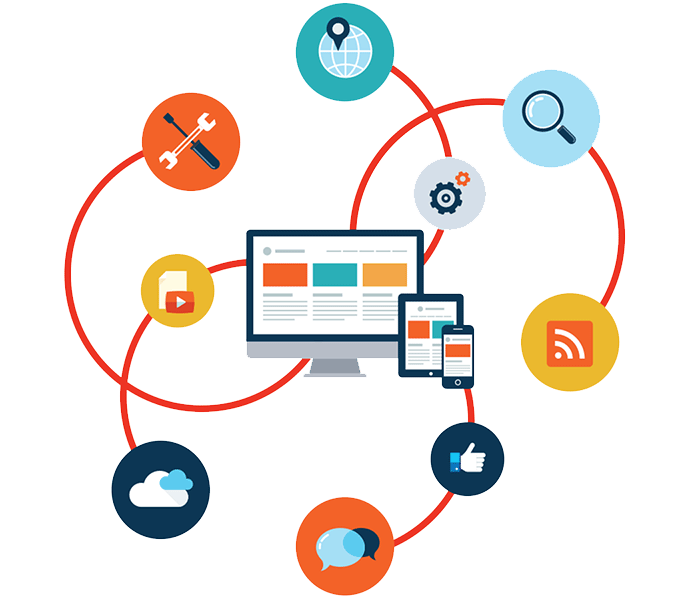As Canadian workplaces rapidly adopt artificial intelligence (AI)—especially generative AI—the legal system is struggling to keep up. From HR departments experimenting with ChatGPT to C-suite executives leveraging automation tools, AI adoption in the workplace is accelerating. However, with this rise come mounting legal uncertainties, increased privacy risks, and urgent calls for oversight.
⚙️ AI Adoption in Workplaces: Fast-Paced and Widespread
According to the 2023 Workplace AI Report by KPMG International, generative AI use in the workplace grew 32% year-over-year. As of late 2023, 76% of Canadian professionals using AI at work rely on public tools like ChatGPT, instead of secure enterprise-grade platforms.
Key highlights include:
- A 16% increase in workplace AI use over just six months
- 90% of workers say AI has improved their work quality
- 72% believe AI is essential for managing workloads
Despite these benefits, risks loom large. For instance, 13% of users have entered private financial data into public AI tools—raising serious compliance and data privacy concerns.
⚖️ Where the Law Stands: Bill C-27 and AIDA
Canada is working on regulation, with Bill C-27 under review in the House of Commons. This proposed legislation includes:
- Amendments to PIPEDA (Canada’s federal privacy law)
- Introduction of the Artificial Intelligence and Data Act (AIDA) to regulate high-risk AI applications
These regulations emphasize the importance of accountability in high-impact areas such as employment decisions. According to David Krebs of Miller Thomson LLP, organizations must proactively manage AI risks:
“You need to have a compliance program around AI. If you’re using it to monitor employees or make decisions, human oversight and explainability will be mandatory.”

🔍 Human Oversight and Ethical Responsibility
The Office of the Privacy Commissioner of Canada (OPCC) reminds employers that current privacy laws already apply to generative AI, even if AI-specific legislation is still pending.
Key compliance principles include:
- Organizations are accountable—not the AI tools
- Transparent AI decision-making processes
- Human review mechanisms for critical decisions
- Bias mitigation, especially concerning vulnerable groups
The OPCC warns:
“If the outputs of a generative AI system are not meaningfully explainable, consider whether the proposed use is appropriate.”
📋 What Businesses Should Do Now
Even before Bill C-27 becomes law, employers should act as if it’s already in place. HR, legal, and IT teams must work together to:
- Develop internal AI usage policies
- Limit use of public AI platforms—opt for secure, private systems
- Implement human-in-the-loop decision frameworks
- Educate employees on AI risks and ethical use
- Monitor updates from federal and provincial regulations (e.g., Quebec’s Law 25)
David Krebs adds:
“We won’t have finalized laws in 2024, but AI tools will evolve regardless. Employers should get ahead of compliance now.”

🧭 A New Era of Compliance: Proactive, Not Reactive
Canada’s AI regulatory environment is evolving rapidly. From automated hiring to employee monitoring, nearly every department will feel the impact. Organizations that implement strong AI governance policies now will be better positioned to protect employee rights and lead responsibly in this AI-powered era.
🤖 Empowering Safe AI Use with Case Polaris
As Canadian workplaces adapt to AI and its growing legal implications, Case Polaris offers a secure and forward-thinking solution.
Whether you’re managing legal risks or conducting in-depth legal research, Case Polaris empowers you with:
- Secure Document Upload & Analysis
- Case Summarization
- Comprehensive Legal Library
- Filter & Search Output Tools
- Interactive AI Conversations
With privacy-first architecture and compliance-ready tools, Case Polaris is your trusted partner in the evolving world of AI regulation. Explore all features and pricing to future-proof your operations.
📚 Source:
KPMG International, 2023 Workplace AI Report







